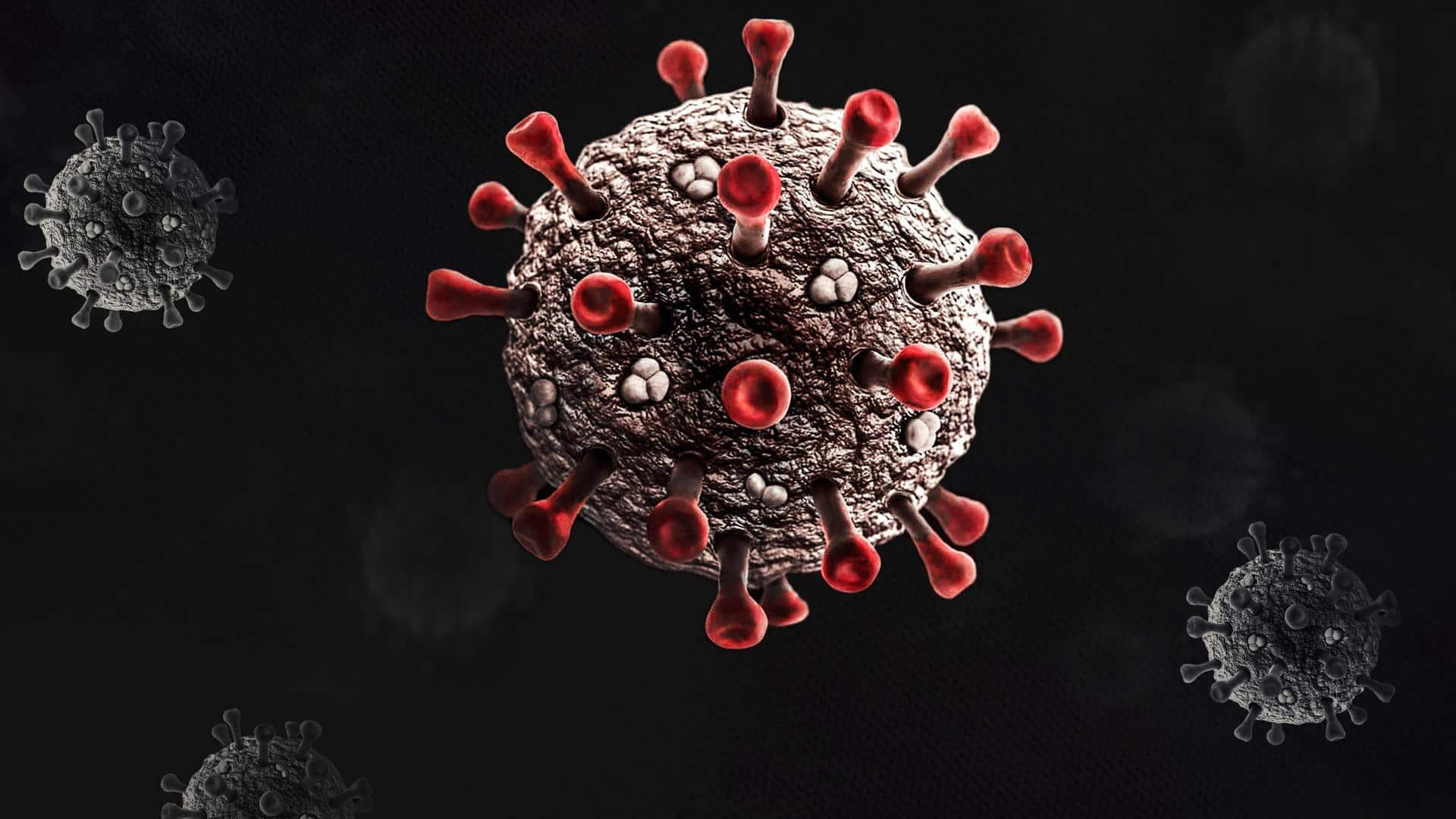
Individuals affected by COVID-19 could be at risk of diabetes
What's the story
A study, published in JAMA Network Open journal, suggests that individuals who have previously been infected with COVID-19 could be at an increased risk for diabetes—a chronic disease that affects how the body processes glucose.
The study also points out that the risk of Type 2 diabetes appeared to be lower for people who had been vaccinated against COVID-19 before contracting the infection.
Context
Why does this story matter?
The findings of the current investigation are consistent with a growing number of studies depicting that patients who are infected with COVID-19 are at an increased risk of being diagnosed with several metabolic and cardiovascular problems following the infection.
Previously, in March 2022, a paper published in The Lancet Diabetes & Endocrinology, showed that COVID-19 infection can increase a person's risk of diabetes.
Findings
The risk of diabetes jumped by 58% after the infection
The investigation "confirmed that people who have had COVID-19 have an increased risk for new-onset diabetes — the most significant contributor to cardiovascular disease."
Researchers reveal that the chances of being diagnosed with new-onset diabetes were 58% greater after the infection than before.
The study was carried out at the Smidt Heart Institute at Cedars-Sinai Medical Center, Los Angeles.
Information
54% of the subjects were female
For the study, the researchers evaluated the medical records of 23,709 adult patients "who had at least one documented COVID-19 infection" and were treated from 2020-2022. 54% of the subjects were female and the average age of the patients was 47 years.
Findings
Take a look at the research findings
For unvaccinated patients, the risk of Type 2 diabetes after COVID-19 exposure was 2.7%, with 74% occurring after COVID-19 infection in comparison to 26% happening prior to COVID-19 exposure.
In the case of vaccinated patients, the risk of Type 2 diabetes after COVID-19 exposure was 1.0%, with 51% occurring after COVID-19 infection versus 49% happening prior to COVID-19 exposure.
Information
The combined risk of diabetes after COVID-19 exposure was 2.1%
By taking into account both vaccinated and unvaccinated individuals, the combined risk of Type 2 diabetes after COVID-19 exposure was 2.1%, with 70% occurring after COVID-19 infection versus 30% before exposure.
Impact
COVID-19 infection could be acting as a "disease accelerator"
Susan Cheng, a senior author of the study, said the findings broaden the medical field's understanding of the disease, also leading to new questions.
Although it is not certain, Cheng said the data suggests the COVID-19 infection could be acting as a "disease accelerator" in some settings, "amplifying risk for a diagnosis that individuals might have otherwise received later in life."
Information
A person at risk might develop diabetes earlier
"So, it could be that instead of being diagnosed with diabetes by age 65, a person with preexisting risk for diabetes might—after a COVID-19 infection—be more likely to develop diabetes by age 45 or 55," explained Cheng.
Official words
"Further studies are needed to validate this hypothesis"
"These results suggest that COVID-19 vaccination prior to infection may provide a protective effect against diabetes risk," said Dr. Alan Kwan, author of the study.
"Although further studies are needed to validate this hypothesis, we remain steadfast in our belief that COVID-19 vaccination remains an important tool in protecting against COVID-19 and the still uncertain risks that people may experience during the post-infection period."